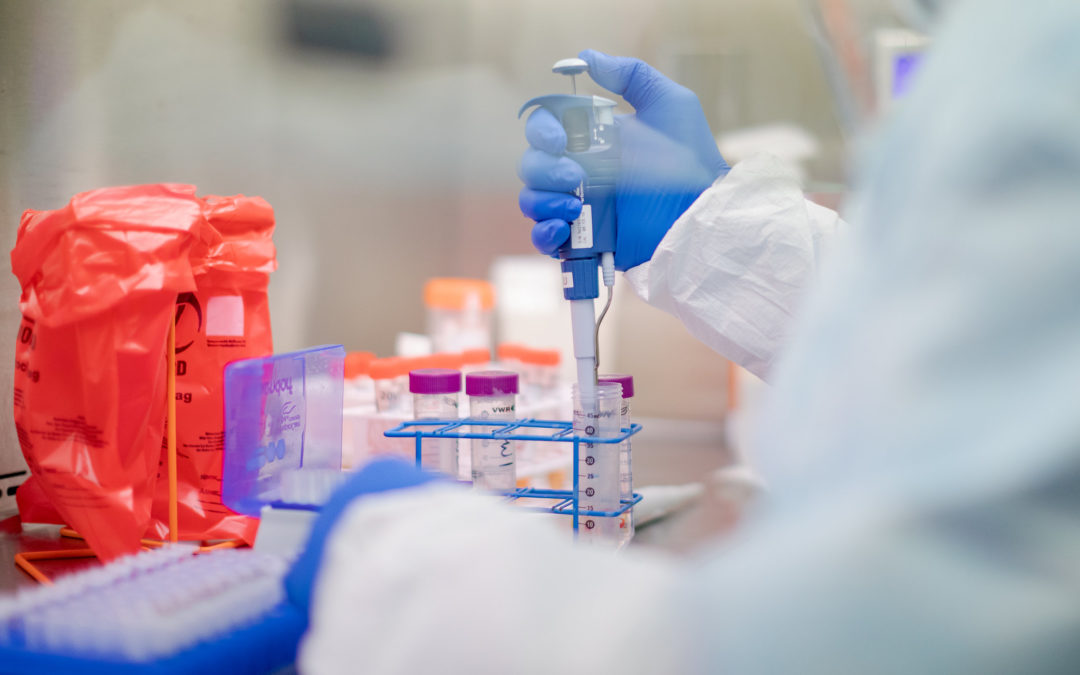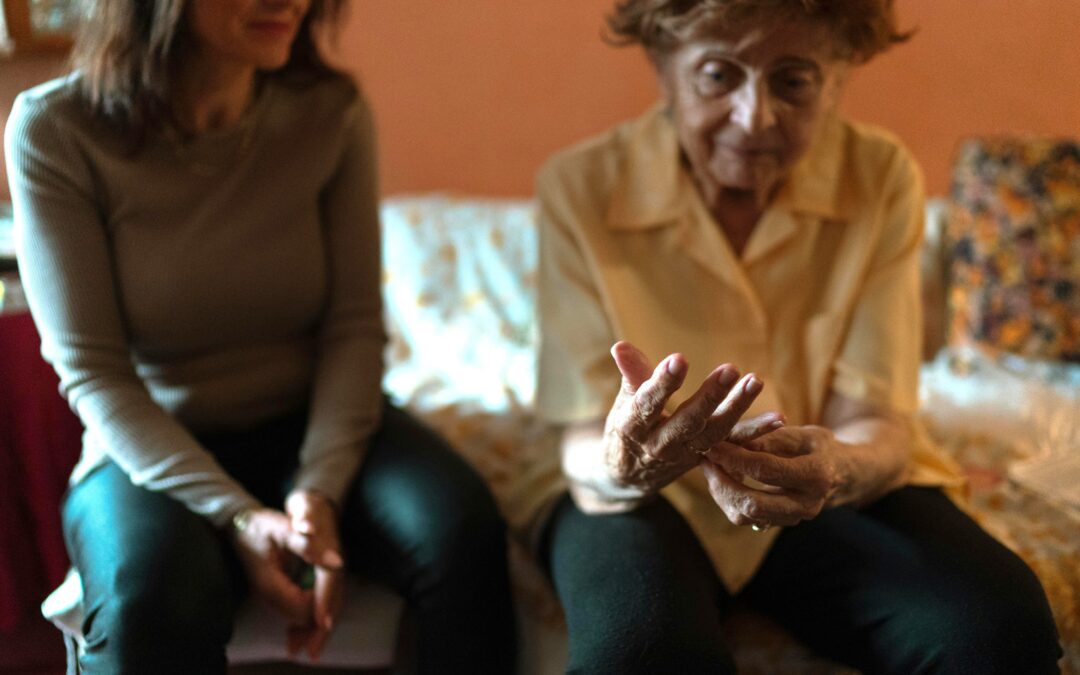Notes from Poland Readers’ Survey!
The first thousand coronavirus tests created by Polish scientists have been produced and sent to laboratories around the country. The versions are still prototypes, but they have already proved to be as effective as imported ones, as well as significantly cheaper, reports Gazeta Wyborcza.
Full production is expected to begin next week, starting at 10,000 a week and with a target of 40,000, announced Marek Figlerowicz, head of the Institute of Bioorganic Chemistry of the Polish Academy of Sciences in Poznań, where the tests were created.
Thanks to a grant of 15 million zloty from the Ministry of Science and Higher Education, which also supported the research that led to the creation of the tests, 100,000 are expected to be ready within a month.
The products have already been tested and approved by the health authorities. The estimated cost of each unit, 50-80 zloty (€11-17), is far lower than the 400 zloty for tests imported from China.
“We got prototypes this week and they are being tested once more,” said Figlerowicz at a press conference. “If we receive positive feedback, we will be ready to kick off with the production.” That production will be conducted by three Polish companies: Future Synthesis, A&A Biotechnology and Medicofarm.
The work of the Polish scientists has also attracted attention from abroad abroad. There have been enquiries from Germany, Norway and even South Africa about buying the test, says Figlerowicz, though he admits that “in the current situation I don’t think it would be possible” to provide enough tests for export.
The efforts of the team of scientists in Poznań have also won the praise of Poland’s government. “These young scientists…[should be] awarded all the highest state honours,” said Jarosław Gowin, who before his recent departure as minister of science and higher education provided financial support for the research.
Prime Minister Mateusz Morawiecki also expressed his appreciation. “The effects of their hard work have not only a medical, but also a psychological dimension. This great news filled the hearts of Poles with hope and gave us all a sense that we might be gaining the upper hand over the virus.”
Morawiecki stressed that such research into not only tests, but also a treatment for the coronavirus is now an absolute priority so that Poland can be self-sufficient in its fight against the epidemic
Miałem dzisiaj wielką przyjemność rozmowy z panem profesorem Markiem Figlerowiczem z Instytutu Chemii Bioorganicznej PAN…
Opublikowany przez Mateusz Morawiecki Piątek, 17 kwietnia 2020
The scientists from the Poznań institute believe that their test is as reliable as others available on the market. Their product is also universal, meaning it can be used by any laboratory equipped to conduct genetic testing.
The Institute of Bioorganic Chemistry of the Polish Academy of Sciences has been conducting research on numerous viruses, such as HIV, HCV and flu, for years. The team, nicknamed the “virus support group”, comprises 40 scientists.
Przedstawiamy naszych Bohaterów! 🤩 To oni, w trosce o Państwa zdrowie, poświęcają swój czas na diagnostykę koronawirusa SARS-CoV-2. 😷Dziękujemy! 💙🧡
Opublikowany przez Instytut Chemii Bioorganicznej Polskiej Akademii Nauk – ICHB PAN Piątek, 17 kwietnia 2020
Notes from Poland Readers’ Survey!

Agnieszka Wądołowska is deputy editor-in-chief of Notes from Poland. She is a member of the European Press Prize’s preparatory committee. She was 2022 Fellow at the Entrepreneurial Journalism Creators Program at City University of New York. In 2024, she graduated from the Advanced Leadership Programme for Top Talents at the Center for Leadership. She has previously contributed to Gazeta Wyborcza, Wysokie Obcasy and Duży Format.




















